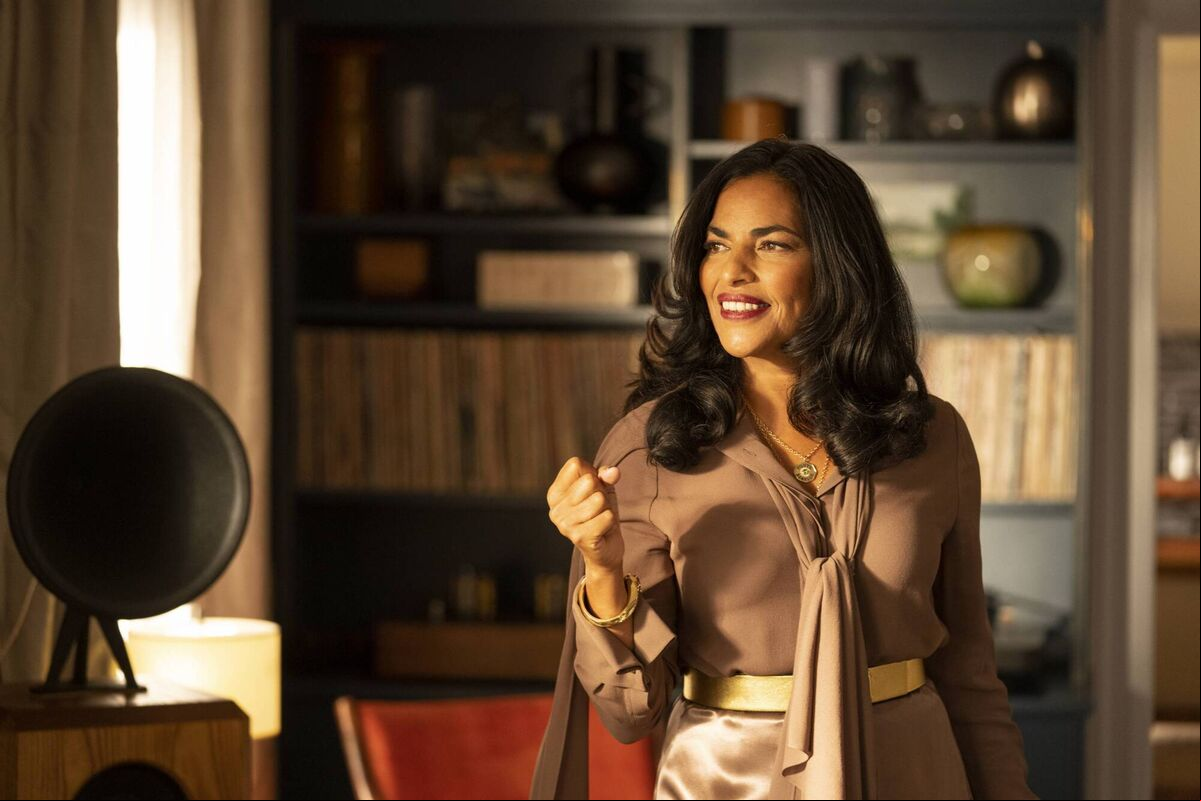Learn to walk in other women’s shoes... not just Manolo Blahinik’s

The new chapter of Sex and The City, a series called 'And Just Like'. It follows “Carrie” (Sarah Jessica Parker, centre), “Miranda” (Cynthia Nixon, left) and “Charlotte” (Kristin Davis, right) in their 50s.











 App?
App?


